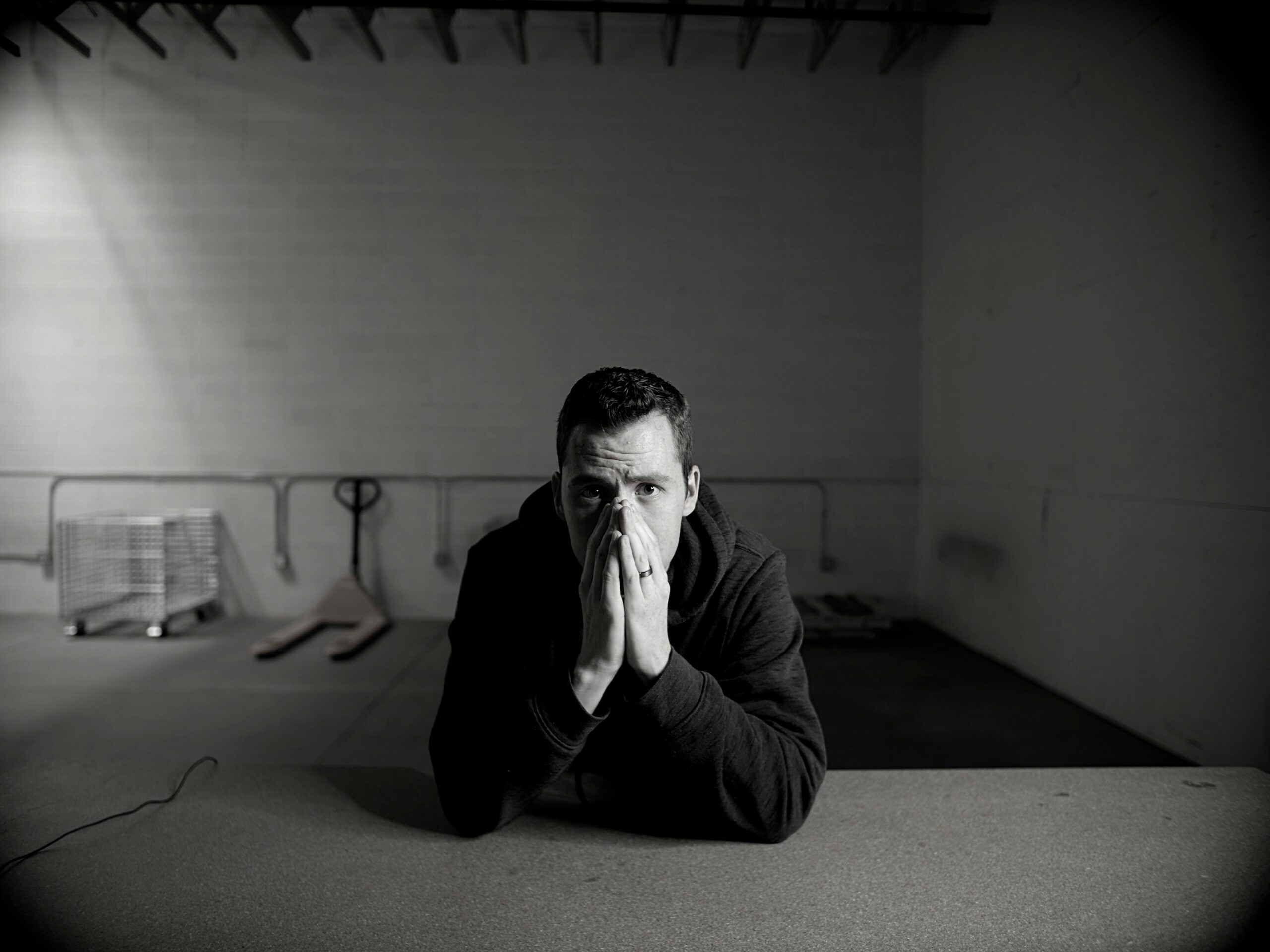Do you have problems extending trust to other people? Or perhaps feeling emotionally connected to friends and loved ones? You know something feels wrong, but you’re unsure what. Deep down, you may have an attachment disorder. Attachment disorder in adults can happen to anyone, and it can lead to a number of everyday challenges. But what exactly causes attachment disorders in adults?
Understanding Attachment Disorder
If you have a hard time forming healthy emotional connections with other people, you likely have an attachment disorder. According to the Attachment and Trauma Network, attachment disorders are conditions that prevent the formation of secure emotional bonds, leading to challenges in building and maintaining relationships. Often these attachment issues will start in your formative years, continuing on as attachment disorder in adults, especially in very close or romantic relationships.
Learning Attachment as a Child
Understanding how to connect and bond with others begins, well, at the very beginning of your life. You begin forming attachments with your caregivers as a baby and continue as a child. When your physical and emotional needs are met early on with safety, love, and affection, the attachment you form is considered “secure.” As a result, you view relationships as safe, see yourself as worthy of love, and learn to trust others.
But what happens when your basic physical and emotional needs are not met in your early years? You still learn attachment, but what you adopt is considered an insecure attachment style. This makes you more prone to emotional shutdowns, struggles with over-dependency, and questioning with your own self-worth. As this continues, you find yourself navigating an attachment disorder as an adult.
Attachment disorder in adults often looks like having difficulty being emotionally intimate or vulnerable. You may truly desire connection while at the same time push people away as you fear it. The early drivers of your attachment challenges are still pulling the strings, behind the scenes. However, understanding the childhood causes of attachment disorder can help you take steps to heal from them as an adult.
What Causes Attachment Issues?
While an attachment disorder arises typically in childhood, there are several factors that contribute to its development. Most of these are tied to childhood trauma and adverse childhood experiences (ACES):
- Abuse or neglect: Whether it’s unmet emotional needs or sexual abuse from a caregiver, these experience portray closeness as unsafe, causing trust issues in childhood.
- Unreliable caregiving: A child’s emotional security and trust are reinforced in consistent, available care from adults. When caregivers are addicted, absent, mentally unstable, or emotionally distant, children learn to view emotional support as unpredictable.
- Separation or loss: Divorce, a lengthy hospital stay, prolonged care by others who aren’t parents, or the death of a parent or loved one can hinder healthy attachment and a child’s sense of safety.
- Instability or violence at home: Growing up in a home impacted by substance use, domestic violence, or ongoing conflict forms emotional insecurity in children, leading to struggles with anxiety or managing emotions.
Signs of Attachment Disorder in Adults
If you can relate to some of the childhood experiences above, you may be struggling with an attachment disorder today. Attachment disorders in adults can affect how you relate to others, showing up in often unseen, yet highly impactful ways. Attachment disorder in adults may look like:
- Fear of rejection or abandonment: You have a fear of not being good enough for others and getting left out. As a result, you’re often anxiously seeking reassurance or may become codependent on others for your own emotional peace of mind.
- Keeping people at a distance: You emotionally withdraw or avoid people altogether as a way to protect yourself from getting hurt.
- Inability to keep lasting relationships: You push people away when relationships start getting close, preferring to remain emotionally detached. This may lead you to pivot from one superficial relationship to the next.
- Control issues: You struggle with possessiveness and jealousy as you try to overly control a relationship in order to feel secure about yourself
- Substance abuse and addiction: Without the emotional balance that comes with secure attachments, you may seek out substances like drugs or alcohol to cope with stress or negative feelings, shares The Attachment Project. Over time, this can lead to ongoing substance abuse and addiction.
Find Healing From Addiction and Attachment Disorder in New England
Does an attachment disorder have you struggling with drug or alcohol addiction? If so, you may feel like you’re carrying a constant burden on your shoulders. But at Sana at Stowe in Stowe, Vermont, we can help you achieve true, lasting relief. Our drug and alcohol addiction treatment programs combine trauma-informed care and evidence-based treatment, addressing both your childhood trauma and addiction together. If you’re ready to reclaim your life and form healthier attachments, take our free childhood trauma test as a first step or call our team today to get started with treatment.


